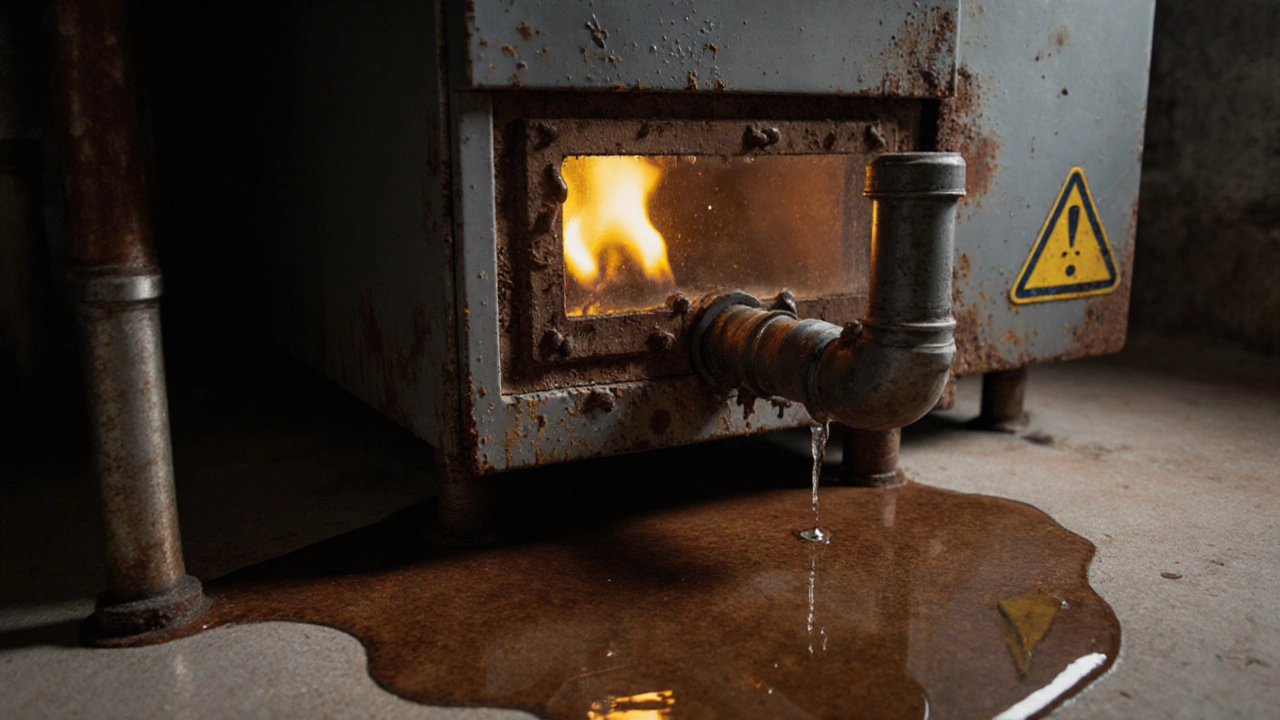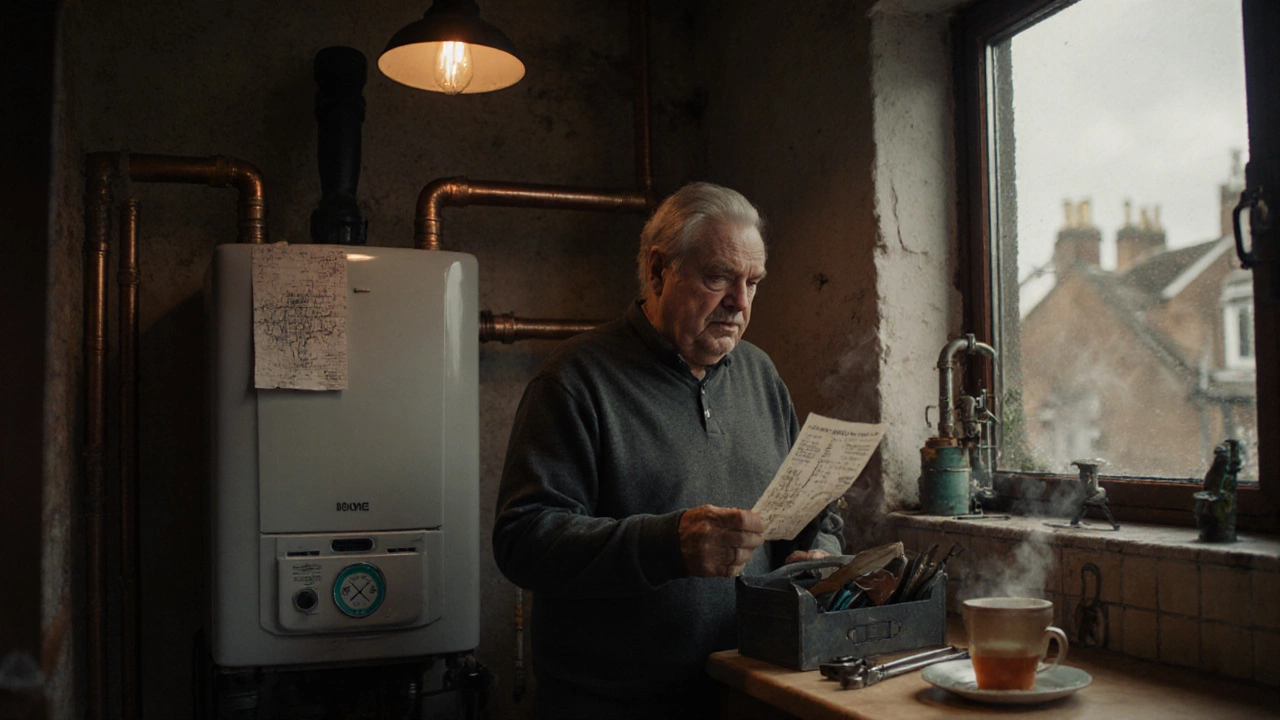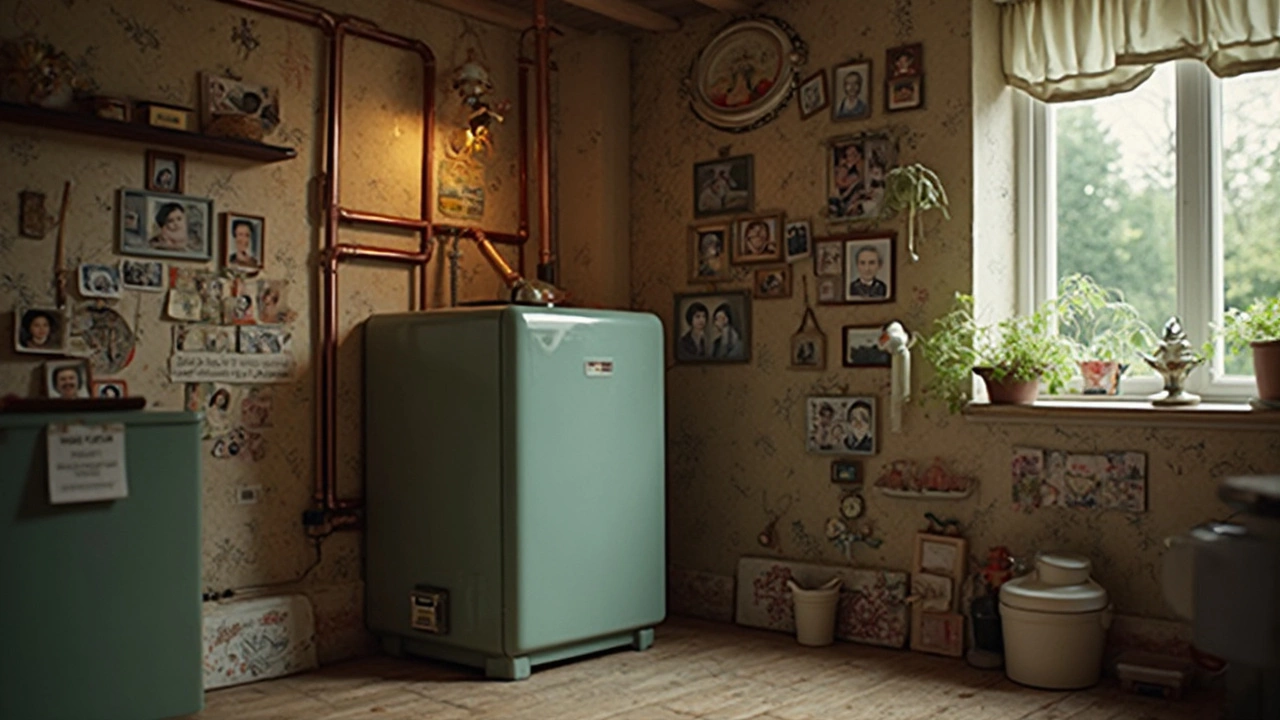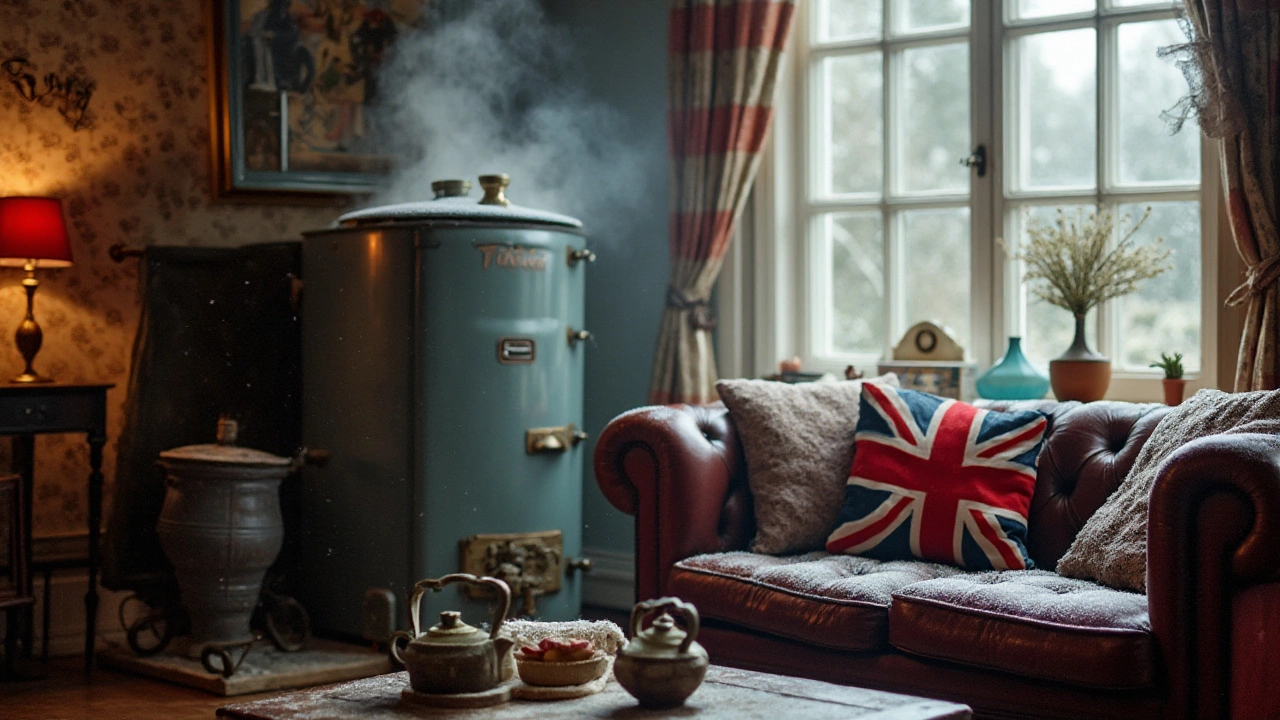Boiler Lifespan: How Long Do Boilers Typically Last?
If you own a home in Glastonbury, you’ve probably wondered how many years your boiler will keep the house warm. The short answer: most boilers last between 10 and 15 years, but many run longer with good care. A well‑maintained system can see 20 years or more, while a neglected one may give up after just a decade.
Understanding what drives a boiler’s life helps you plan budgets, avoid cold nights, and skip unnecessary replacements. Below we break down the main factors and share simple steps you can take right now.
Factors That Influence Boiler Life
1. Type of boiler – Combi, system and regular boilers each have slightly different wear patterns. Combi units, for example, heat water on demand and often face fewer corrosion issues than storage‑type models.
2. Water quality – Hard water leaves mineral deposits inside the heat exchanger. Over time these build‑up act like a blanket, making the boiler work harder and shortening its life.
3. Installation quality – A sloppy install can cause leaks, improper venting, or poor circulation. Even the best boiler will suffer if it’s not set up right.
4. Usage habits – Running the heating constantly at high temperatures stresses components. Balancing comfort and efficiency can add years.
5. Maintenance schedule – Skipping annual servicing is the fastest way to lose years. A professional check catches worn parts before they cause major failures.
Tips to Extend Your Boiler’s Lifespan
Schedule yearly servicing. A qualified technician will clean the heat exchanger, test safety valves, and adjust settings. This simple visit can add 2‑3 years to your boiler’s life.
Flush the system regularly. If you have hard water, ask for a power flush every 3‑5 years. It removes limescale and keeps the pump running smooth.
Watch the pressure gauge. Keep it between 1 and 1.5 bar when the system is cold. Too high or low pressure signals leaks or air pockets that can damage the boiler.
Upgrade the thermostat. Modern programmable thermostats cut down on wasted cycles, lowering wear on the boiler’s burner.
Replace worn parts early. If you hear strange noises, notice leaks, or see error codes, call a repair service right away. Fixing small issues prevents expensive breakdowns later.
When a boiler reaches the 12‑year mark, start thinking about replacement even if it still works. New models are far more efficient, meaning lower energy bills that can offset the upfront cost.
In summary, a typical boiler gives you about a decade of reliable heat. Keep an eye on water quality, schedule annual service, and act fast on any warning signs. Doing these things will squeeze the most years out of your heating system and keep your home cozy without surprise costs.

Is It Better to Repair or Replace a Boiler? Real Costs and Signs You Can't Ignore
Deciding whether to repair or replace your boiler? Learn the real costs, safety risks, and hidden savings of each option in 2025. Find out when to fix it-and when to walk away.

Repairing a 20‑Year‑Old Boiler: Is It Worth It?
Find out if fixing a 20‑year‑old boiler makes sense by comparing costs, safety, energy efficiency, and longevity.

Can Your Boiler Really Last 50 Years? Essential Insights & Lifespan Facts
Curious if a boiler can really last half a century? Discover expert insights, surprising real-life cases, and practical tips for extending your boiler's life.

Maximizing Your Boiler's Lifespan: Key Insights and Tips
Boilers, essential for warming homes, have varied lifespans depending on several factors. This article delves into how long you can expect a boiler to last, influences on longevity, signs of wear, and tips to extend its life. Understanding these aspects can lead to better maintenance and cost savings. Knowing when to service or replace can ensure uninterrupted comfort during the colder months.

Maximize Your Boiler's Lifespan: Key Tips for Longevity
Boilers are essential for home heating, but like all appliances, they have a limited lifespan. This article explores factors affecting boiler longevity, typical lifespan expectations, and highlights ways to extend your boiler's life through regular maintenance. Learn about signs that indicate it's time to consider a replacement and valuable tips to maintain efficiency. Get informed to ensure your heating system serves you reliably for years.